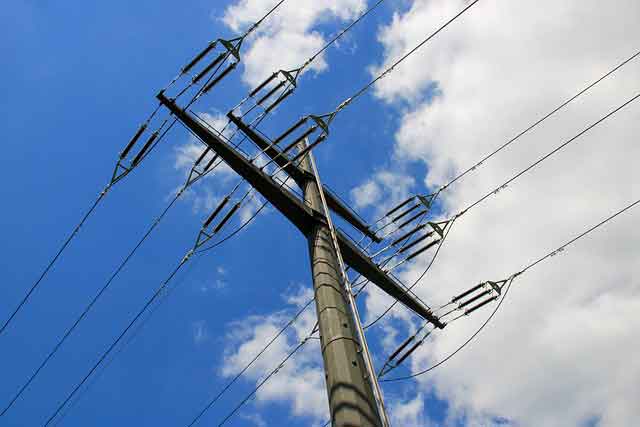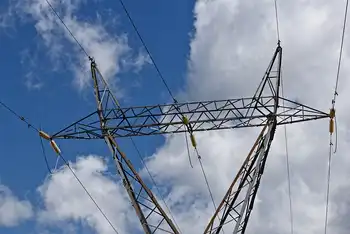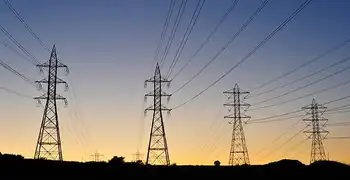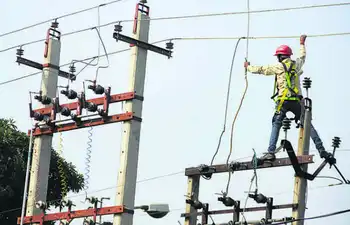2011 another tough year for solar stocks
- Investors hoping that 2011 will mark the return of off-the-charts growth in solar stocks will be sorely disappointed, though the industry's battered share prices make for good bargains in the meantime.
In 2010 the fast-growing industry logged its biggest sales year ever, yet shares of solar panel makers lagged the broader market significantly.
The WilderHill Clean Energy Index, which includes solar and other alternative-energy stocks, fell 5.3 percent last year, compared with a 12.8 percent rise in the Standard & Poor's 500 index, due to investor fears that declining government incentives for solar power would hurt demand as manufacturers ramp up production.
This year, those worries are coming home to roost. The world's top solar market, Germany, is preparing for further cuts to its solar subsidies, while growing supplies of photovoltaic panels are expected to outstrip demand, putting pressure on prices and producers' profits.
A weak euro only makes matters worse for Chinese and U.S. panel makers who sell most of their products in Europe.
"The sector faces a lot of risks," Wells Fargo Securities analyst Sam Dubinsky said. "Multiples should probably stay low for the group in 2011."
Low-cost producers who make solar cells and panels, such as China's Yingli Green Energy Holding Co Ltd and Trina Solar Ltd, are among the best bets for this year, Dubinsky said.
He also favors makers of the solar industry's key raw material, polysilicon, which he expects "will still see a healthy supply-demand balance" in 2011.
Polysilicon makers include China's Daqo New Energy Corp and LDK Solar Co Ltd.
Earlier, LDK issued a higher-than-expected fourth-quarter and 2011 revenue forecast, lifting its shares about 20 percent.
The solar industry relies heavily on government support because it is more expensive to generate electricity from clean sources such as sun and wind than from fossil fuels.
Governments including Germany, the United States, Spain and Japan have been willing to subsidize clean energy as they look to curb greenhouse gases, but the resulting rapid growth in solar installations has also burdened them with additional costs at a time when the global economy remains weak.
Last year, Germany, Spain, France, Italy and Czech Republic all trimmed their solar subsidies.
This year, further cuts are expected in Germany and France in the first half of the year and in Italy in the second half. Those three markets account for about 70 percent of the global market, according to Bank of America Merrill Lynch.
"People are generally concerned and worried about support levels for solar," said Edward Guinness, co-manager of the London-based Guinness Alternative Energy Fund. "I look at that as a reasonably attractive time to invest. There's a huge scope for sentiment to improve."
In particular, Guinness said Germany's SMA Solar Technology AG "is hugely undervalued." Shares of SMA, which makes inverters that connect solar modules to electricity delivery systems, have fallen nearly 40 percent in the past year.
The price of solar panels is constantly going down as companies work to bring the cost of generating electricity from the sun into line with that of energy from other sources — a concept known in the industry as grid parity.
But prices of solar panels will come down faster than the industry was planning for this year, potentially squeezing profit margins, and the manufacturers with the lowest costs will be best able to weather the storm.
"It's going to be the year that the training wheels come off," said Kevin Landis, chief investment officer of San Jose, California-based Firsthand Funds. "Every one of these companies has to have a plan that involves not starving between now and grid parity."
Firsthand owns shares of Chinese panel manufacturers Yingli, JA Solar Holdings Co Ltd, Solarfun Power Holdings Co Ltd and Suntech Power Holdings Co Ltd in its Firsthand Alternative Energy Fund.
"All those Chinese solar stocks, they are cheap," Landis said. "Unless you think the industry is about to dip back into losing money, or if you think somehow the industry is going to suddenly stop growing, these are really pretty opportune stocks to buy at reasonable prices."
Related News

Energy Vault Secures $28M for California Green Hydrogen Microgrid
CALIFORNIA - Energy Vault, a prominent energy storage and technology company, recently secured US$28 million in project financing for its innovative Calistoga Resiliency Centre (CRC) in California. This funding will enable the development of a microgrid powered by a unique combination of green hydrogen and battery energy storage systems (BESS), marking a significant step forward in enhancing grid resilience in the face of natural disasters such as wildfires.
Located in California's fire-prone regions, the CRC is designed to provide critical backup power during Public Safety Power Shutoff (PSPS) events—periods when utility companies proactively cut power to prevent wildfires. These events…




